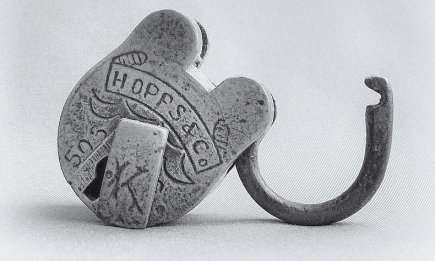Plos One gets even more open

Plos One has always required that authors make their data available to other academic researchers who wish to replicate, reanalyze, or build upon the findings published. In order to increase the access to this data, “authors must make all data publicly available, without restriction, immediately upon publication of the article”.
Data always available
Beginning March 3rd, 2014, all authors who submit to a PLOS journal will be asked to provide a Data Availability Statement, describing where and how others can access each dataset that underlies the findings. This Data Availability Statement will be published on the first page of each article.
The question remains, what does Plos One consider to be data? “Data are any and all of the digital materials that are collected and analyzed in the pursuit of scientific advances.” Scientists must be willing and able to publish all verbatim responses from qualitative studies, all original measurements and even image files used to create figures. It should also be in the form in which it was originally collected, before summarizing, analyzing or reporting.
Exceptions will be allowed, but only in specific cases. “We are aware that it is not ethical to make all datasets fully public, including private patient data, or specific information relating to endangered species. Some authors also obtain data from third parties and therefore do not have the right to make that dataset publicly available. In such cases, authors must state that ‘Data is available upon request’, and identify the person, group or committee to whom requests should be submitted. The authors themselves should not be the only point of contact for requesting data,” Liz Silva from Plos One writes on the Plos One community blog.
Science solving the crisis
A strong argument in favor of using PLOS as opposed to the traditional publishers is that PLOS maximizes the impact research can have because there is no paywall for readers. Cameron Neylon thinks this can greatly increase the societal impact of scientific research. “The bottom line is that we can do it much cheaper than the traditional publishers can with the same level of quality assurance, the same peer review system and no embargo periods.”
The PLOS-way of publishing might just help solving the crisis science is in, Cameron Neylon explained to ScienceGuide. “By making access to knowledge free, the societal benefits of your particular research can be maximized.” The PLOS-citation index is automatically a good reflection of the real impact of research. “We increase the chance of major breakthroughs. Right now bad policies are the biggest threat to making knowledge a common good.”
More information about the new data policy of Plos One can be found here
Meest Gelezen
Vrouwen houden universiteit draaiende, maar krijgen daarvoor geen waardering
Wederom intimidatie van journalisten door universiteit, nu in Delft
Hbo-docent wil wel rolmodel zijn, maar niet eigen moreel kompas opdringen
‘Burgerschapsonderwijs moet ook verplicht worden in hbo en wo’
Raad van State: laat taaltoets nog niet gelden voor hbo-opleidingen



